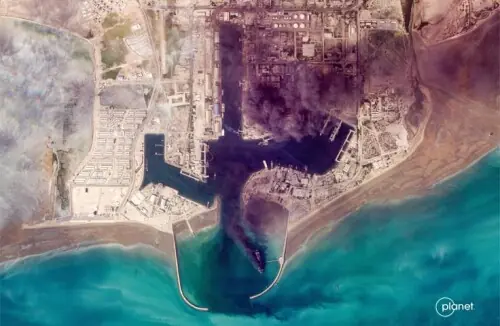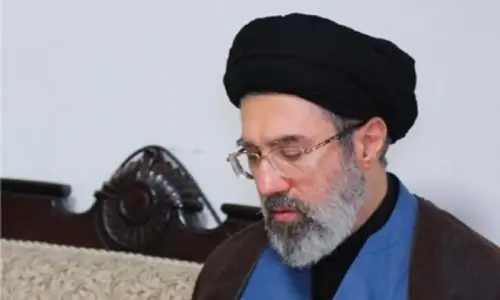RANIKOT (Dadu), Nov 9: The ill-planned restoration work of Ranikot, one of the oldest and largest forts in the world, has been stopped and an inquiry instituted to take action against those responsible for the rehabilitation process which jeopardised the site’s placement on the coveted list of Unesco’s World Heritage Sites.
The historical site, located in the Kirthar mountain range, is protected under the Antiquities Act 1975 and its various subsequent amendments.
According to sources, the restoration work was stopped on the recommendations of a report compiled by a member of the advisory committee for Sindh’s cultural heritage, Dr Kaleeem Lashari, tasked to inspect the restoration work in June 2005.
The sources said a massive cover-up exercise was underway to protect the ‘influential officials’ behind the shoddy restoration work on the Sann Gate complex, the defence wall running south and also up to the mosque and the central fortress of Meeri.
The report expresses surprise that such an important restoration work was left unsupervised and “engineers and contractors” with no knowledge of archaeological conservation principles were allowed to carry it out.
The sources said three government organisations – the federal archaeology department, the Sindh culture department and the Dadu district government – as well as a contractor were involved either in actual execution or monitoring of the badly needed restoration work.
The report points out that “the Sann Gate entrance has been reconstructed with cement and stone”.
“The entrance arch is fully re-constructed, whereas there hardly has any authentic information available about the original design, and a small domed building, inside the fortification wall, has been consolidated with cement, its dome has been totally cement plastered, while the brick joints have been filled with commercial cement mortar. The site has lost its characteristics.”
The report, referring to work in the central fortress of Meeri inside Ranikot, says: “Stone has been used on parapet and parapet walls. The ruined north-eastern corner bastion/tower has been reconstructed with cement and stone.”
The report points out that the “Venice Charter for the Conservation and Restoration of Monuments and Sites” is a treaty that gives an international framework for the preservation and restoration of ancient buildings. But, it notes, that in Ranikot’s case the restoration work seems to have been left at the sole discretion of non-technical contractors.
The report concludes by recommending an immediate halt to the restoration work and a revision of the restoration scheme in the light of the conservation requirements. It also recommends the establishment of a museum and a conservation cell. The federal archaeology department’s Sindh Balochistan chief, Qasim Ali Qasim, and Yasmeen Cheema, a Lahore-based conservation expert, invited by the Sindh government, also visited Ranikot and, examining the restoration work, expressed concern over the “unprofessional manner” in which it was carried out.
Sindh Culture Secretary Abdul Qadir Mangi told Dawn that the restoration work at Ranikot had been stopped because it had affected the historical character of the site.
































